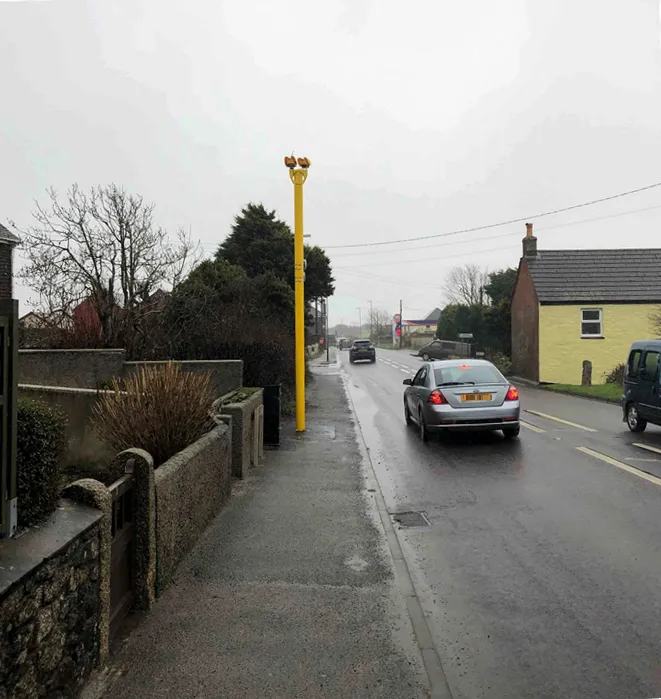Traffic police in Singapore are planning to implement an average speed enforcement system, to be trialled along the pan-island expressway and Changi coast road. The average speed enforcement system works by recording the time a vehicle takes to travel between two points to calculate its average speed, which the police say means that speeding motorists cannot evade the law even if they slow down before or speed up after the cameras. Speed detectors placed at the start and end points - to be determined in c
January 4, 2013
Read time: 2 mins
Traffic police in Singapore are planning to implement an average speed enforcement system, to be trialled along the pan-island expressway and Changi coast road.
The average speed enforcement system works by recording the time a vehicle takes to travel between two points to calculate its average speed, which the police say means that speeding motorists cannot evade the law even if they slow down before or speed up after the cameras. Speed detectors placed at the start and end points - to be determined in consultation with the918 Land Transport Authority - will record the timestamp and vehicle licence plates. Speed limits in Singapore range from 40kmh on smaller roads to 90kmh on expressways.
In the last three years, the number of speeding violations in Singapore has risen; between January and November last year, the Traffic Police booked nearly 225,000 motorists for speeding, a daily average of 673 offences. In 2011, the figure for the whole year was 225,500, or 617 daily, compared to 205,000 cases in 2010.
In another development, the Traffic Police has called for a digital traffic red light system to be implemented under a separate tender issued in December 2012. At present, film is still used by the red-light camera systems in the island republic. The new system must be capable of capturing and storing digital images of motorists who go violate a red light. The images will be transferred to a backend computer system for use as evidence.
The average speed enforcement system works by recording the time a vehicle takes to travel between two points to calculate its average speed, which the police say means that speeding motorists cannot evade the law even if they slow down before or speed up after the cameras. Speed detectors placed at the start and end points - to be determined in consultation with the
In the last three years, the number of speeding violations in Singapore has risen; between January and November last year, the Traffic Police booked nearly 225,000 motorists for speeding, a daily average of 673 offences. In 2011, the figure for the whole year was 225,500, or 617 daily, compared to 205,000 cases in 2010.
In another development, the Traffic Police has called for a digital traffic red light system to be implemented under a separate tender issued in December 2012. At present, film is still used by the red-light camera systems in the island republic. The new system must be capable of capturing and storing digital images of motorists who go violate a red light. The images will be transferred to a backend computer system for use as evidence.







